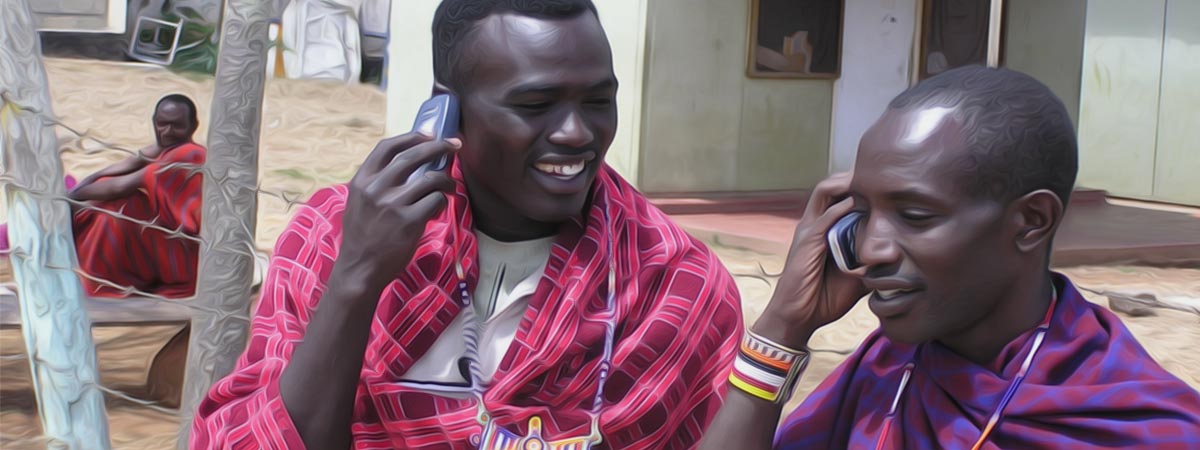Why Give a Damn:
You don’t have to do this one thing, but if you don’t you won’t be as productive as if you did and that’s a fact.
The author of this post, Ann Garvin is an author, speaker and professor of health, stress management, research methods and media literacy.
When I envision entrepreneurs in general and Unreasonable entrepreneurs in specific, it’s a Dickinsonian vision. Earnest women and men bent over in concentration, the burning of midnight oils, dark rings encircling eyes, thoughts consumed by problem solving. Pallor. Possibly scurvy.
It’s a romantic notion saving the world.
It’s a romantic notion saving the world. I dream of it myself, but as Shakespeare so famously wrote, “To sleep, perchance to Dream; Aye, there’s the rub”. The rub is this, to dream one must sleep and I don’t mean that in the romantic way. I mean it in the get-into-bed-pull-covers-to-your-chin-and-shut-off-the-computer-way.
If you’re like me, when you read something that goes so brazenly against our own behavior we think, “That is so true, sleep is so important for people. Other people. Those people out there, but me, well I don’t need as much sleep and by the way, did I mention I’m saving the world. Besides, I do my best when stressed.”
That is so true, sleep is so important for people. Other people.
I wish I were British because I’d like to shout “Bollocks!” With the authority that only a British accent brings to that exclamation. Instead, I’m giving my very disappointed head shake, perfected by my mother in the seventies, complete with pursed lips.
People are such an optimistic bunch and famous for faulty logic. We think that because we are upright and continue to function that this is evidence that our lack of sleep is fully justified. But, the truth is that we don’t know how well we would perform if we had adequate sleep.
We don’t know how many dreams we could dream if our brains were fully rested.
We think that because we continue to function our lack of sleep is justified.
Let’s look at it scientifically. For an individual to know if their thinking is affected by the hours of sleep gotten in the past week, we would conduct a controlled study. There would be a chance to replay your week under the conditions of full-restful sleep and compare it to a sleep deprivation condition. A placebo should be employed, objective testing and time travel. You cannot know how lost sleep affects you on a project unless you can compare the exact conditions with and without sleep.
Ahhh, you are thinking, you misunderstand me. This reasoning does not apply to me, because in fact, I am not sleep deprived. I do not need the sleep that is recommended by experts who have spent their lives devoted to our nighttime needs.
Saving the world is like driving a car-it’s a dangerous pursuit if done with only one eye on the road.
This kind of thinking requires a bootcamp of sorts, a come to Jesus, a way to assess sleep behavior so that one can really see if what they believe about themselves is true. I’ve got just the thing. After a night of little sleep and before having consumed caffeine, do something boring right after lunch. Watch a video on proper vacuuming techniques, or a financial planning seminar with someone who has perfected the monotone lecture style. Or go driving on a long road with the heat on (and a person sitting next to you that will keep you safe). If you’ve had enough sleep (you are caught up in your sleep debt, you slept well the week before) you will fidget. You are bored and need stimulation and you will try to supply it. But, if you need sleep your body will take it. It will interpret this boring situation as a time to catch-up on rest. You will blink too long, your head will bob, yawning will occur. You are tired and your body will sleep.
In 2010 there were 250,000 car accidents due to sleep deprivation, which is easily assessed. A driver who is asleep does not slam on the brakes; there are no skid marks at the scene. Saving the world is like driving a car-it’s a dangerous pursuit if done with only one eye on the road. Save yourself, the world, and your life. Get some sleep.



